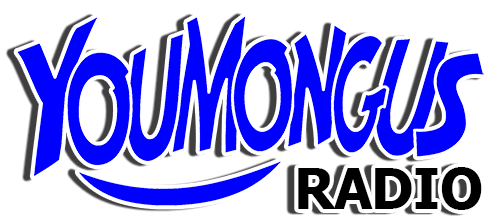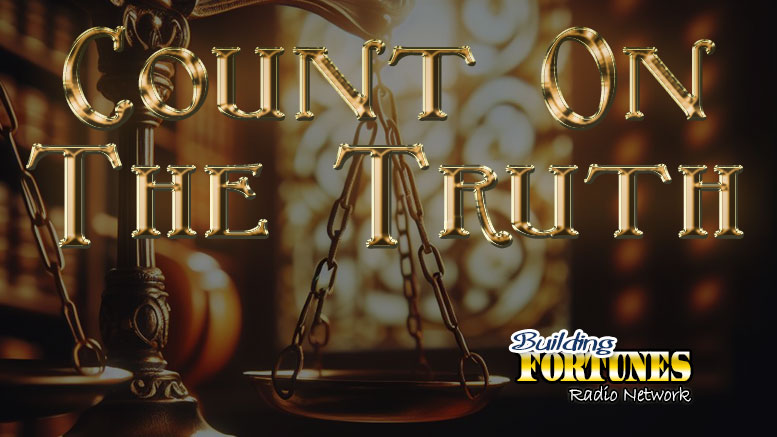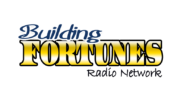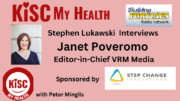Ken Nielson talks about the popular book, “Who stole the American Dream” by Burke Hedges.
If you are unfamiliar with the book:
“Who Stole the American Dream?” by Burke Hedges is a compelling exploration of the American economic landscape, critiquing traditional job markets and the diminishing middle class. Hedges, a notable figure in network marketing, argues that conventional business models are no longer the surefire path to success they once were. He introduces network marketing as an alternative, suggesting it offers a route to financial independence and freedom, where individuals can be their own bosses. The book delves into the contrasts between legal and illegal pyramid schemes, highlighting how network marketing could be the modern embodiment of the American Dream. Through personal anecdotes and industry insights, Hedges challenges readers to reconsider their career paths, advocating for a system where everyone has the potential to achieve prosperity.
The American Dream may be in the eye of the beholder. Some have it, some lost it, some are not sure if it is.
Ken Nielson has vast experience in the network marketing industry and has been an outdoorsman and hang gliding trainer and practitioner for decades.
See if you can reach your American dream in the MLM business with his company on Count on The Truth Radio show on the Building Fortunes Radio Network with Peter Mingils.
Achieving the American Dream through Multi-Level Marketing (MLM) involves several key strategies and mindsets, as outlined by proponents like Burke Hedges. Here’s how someone might attempt this:
Entrepreneurial Mindset:
MLMs provide an opportunity to be an entrepreneur without the typical startup costs or business risks. The American Dream often includes owning your own business; MLM offers this through selling products and recruiting others.
Financial Independence:
By building a network of distributors beneath you, you can earn income not just from your sales but also from the sales of your downline, potentially leading to passive income. This can grow into significant earnings, representing financial freedom.
Time Freedom:
One of the core promises of MLM is the flexibility to work your own hours. This can lead to a lifestyle where you control your time, working from home or any location, which aligns with the dream of living life on one’s terms.
Personal Development:
Many MLM companies invest heavily in training and personal development, encouraging continuous self-improvement. This aspect can lead to personal growth, confidence, and skills that are valuable outside of MLM, contributing to a broader sense of achievement and fulfillment.
Product Enthusiasm:
If you genuinely believe in the products or services offered by your MLM, you become an advocate, which can be both financially rewarding and personally satisfying. Sharing something you love with others can build community and loyalty.
Leverage and Duplication:
The MLM model is built on the principle of duplication. You teach others to do what you do, thereby scaling your business without a proportional increase in your personal effort. This leverage can lead to exponential growth in income and influence.
Community and Support:
MLMs often foster strong communities where members support each other. This network can offer mentorship, motivation, and a sense of belonging, which can be crucial for achieving personal and professional goals.
Residual Income:
Over time, if you build a large enough network, you can earn money from the ongoing sales of the products by your team, even when you’re not actively working. This residual income is a key component of the financial aspect of the American Dream.
Ken Nielson displays this and a lot of other information on his website https://countonthetruth.com



